Israel’s Airstrikes on Hezbollah Commanders: Shaping the Middle East Conflict
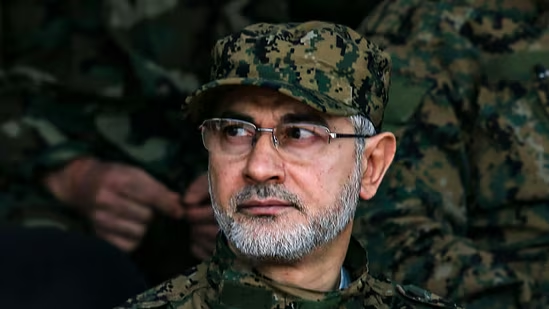
In a series of recent airstrikes, Israel has intensified its military campaign against Hezbollah, targeting top commanders in Lebanon. With the elimination of key figures such as Ibrahim Aqil, a senior Hezbollah commander, Israel claims these actions are vital to preventing further threats to its security. These strikes have garnered widespread attention from international media, with ongoing debates surrounding their implications for the broader Middle East conflict.
Israel’s Strategic Offensive Against Hezbollah: Recent Developments
Since the beginning of 2023, Israel’s military actions have escalated across Lebanon, particularly in its capital, Beirut. In one of the latest airstrikes, two top Hezbollah commanders were killed, signaling a significant blow to the organization. Benjamin Netanyahu, the Israeli Prime Minister, had long indicated that Israel’s actions would reshape the geopolitical landscape of the Middle East.
Airstrike on Beirut: The Targeted Elimination of Ibrahim Aqil
One of the most significant recent developments was the killing of Ibrahim Aqil, a long-time Hezbollah leader with a notorious history. Aqil had been on the U.S. radar for decades, with multiple accusations linking him to attacks on American personnel, including the 1983 Beirut embassy bombing.

Aqil’s Historical Significance in the Hezbollah Hierarchy
Born in the late 1950s, Aqil played a pivotal role in shaping Hezbollah’s military operations over the past two decades. According to Israeli sources, he had led several major operations, including attacks that claimed the lives of American, Israeli, French, and Lebanese civilians.
Impact on Hezbollah’s Operations
The deaths of these top commanders have had an immediate impact on Hezbollah’s operations. Aqil, along with several other high-ranking officials, were reportedly planning a large-scale attack on Israeli soil, which some analysts claim was thwarted by these airstrikes.
Hezbollah’s Response: Claims of Misinformation
Following these strikes, Hezbollah issued a statement criticizing the international media for misinformation, claiming that two commanders, rather than one, were killed. Despite Hezbollah’s public stance, Israel maintains that the removal of Ibrahim Aqil was a necessary measure to thwart an imminent attack similar to the October 7, 2023, assault on Israeli civilians.
Hezbollah Pagers Explode: 12 Dead, 2700+ Injured in Lebanon Attack
International Reactions to Israel’s Actions
The airstrikes have sparked significant responses from key global players, with varying stances taken by countries like Iran, Russia, China, and the United States. While Western media, including outlets like BBC and CNN, have extensively covered the events, regional allies of Hezbollah, including Iran, have condemned Israel’s actions.
Iran, Russia, and China: A United Front Against Israel’s Strikes
Iran, a long-standing ally of Hezbollah, openly condemned the strikes, stating that the commanders killed in Beirut would be replaced and the fight against Israel would continue. Iranian officials, including Foreign Minister Hossein Amir-Abdollahian, have voiced their opposition, claiming Israel’s actions will lead to further instability in the region.
Hezbollah’s Position in the Geopolitical Framework
Hezbollah’s military capability has long been perceived as stronger than Hamas. However, Israel’s targeted airstrikes have eroded that image, with several Hezbollah operatives killed or incapacitated in recent months. This perception shift could alter the power dynamics in the Middle East, particularly as Iran, Russia, and China continue to provide diplomatic and financial support to Hezbollah.
A Look at the Broader Conflict: What’s Next for the Middle East?
As Israel intensifies its military operations, questions arise about the future stability of the Middle East. Will Israel’s aggressive stance escalate into a larger regional conflict, or is it part of a broader strategy to ensure long-term security?
Benjamin Netanyahu’s Vision for the Middle East
In his previous statements, Netanyahu emphasized the transformative role that Israel would play in reshaping the political landscape of the Middle East. With a series of high-profile eliminations, Israel’s actions appear to align with Netanyahu’s vision of a “new” Middle East where threats from groups like Hezbollah are neutralized.
The Role of the United States and the UN in De-escalating the Conflict
The United States, while supporting Israel’s right to self-defense, remains cautious about further escalation. Meanwhile, the UN Security Council, driven by concerns raised by Russia and China, has called for an investigation into the human toll of these airstrikes.
Conclusion: The Path Forward for Israel and Hezbollah
As Israel continues to eliminate key Hezbollah figures, the future of Middle Eastern geopolitics remains uncertain. While Israel seeks to secure its borders and prevent attacks, Hezbollah’s resilience, fueled by support from Iran and Russia, indicates that the conflict may endure for years to come. Global powers, including the U.S., will likely play a crucial role in determining whether the region descends into further chaos or finds a path to peace.


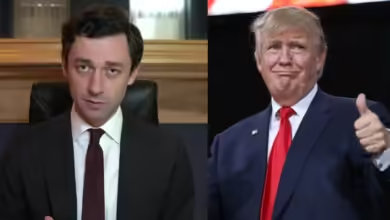
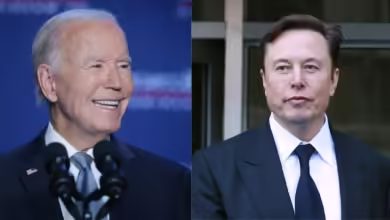
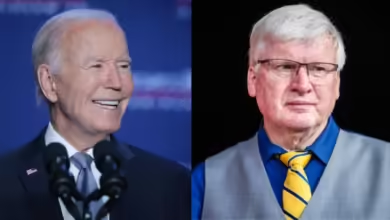
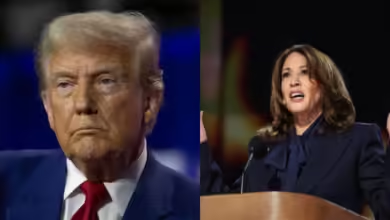
One Comment